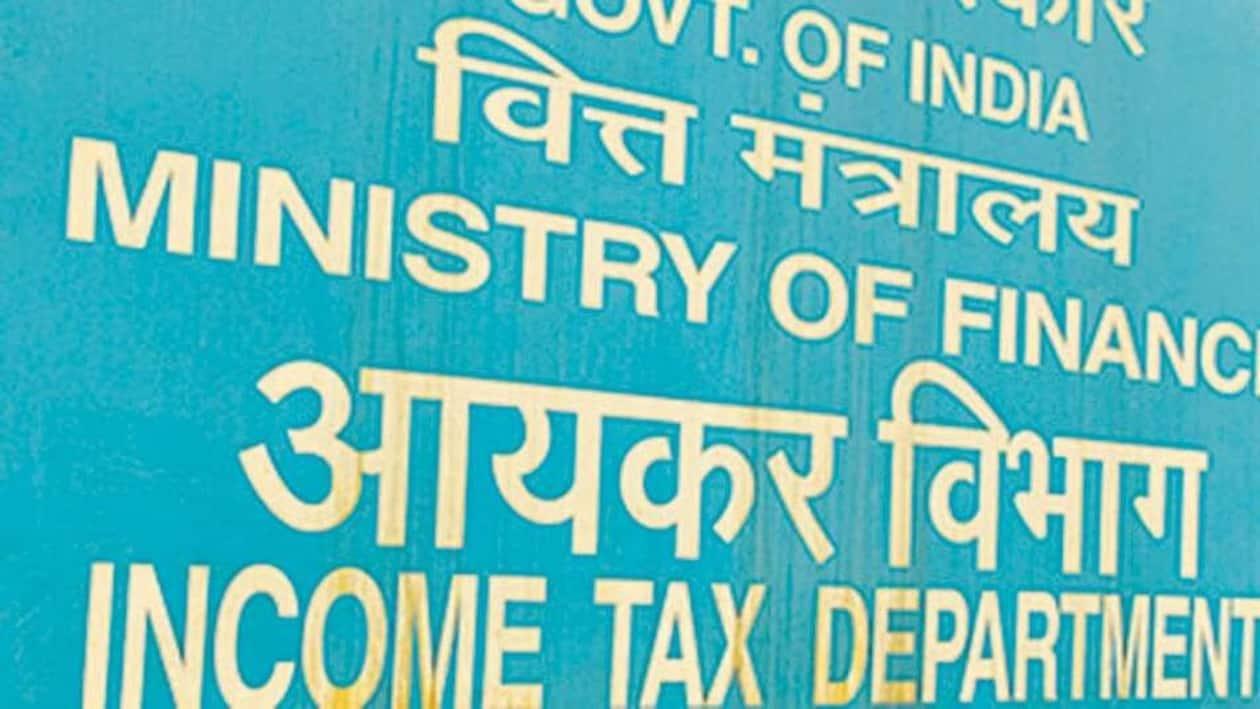In this part 1 of a two-part series, we will try to solve some of the common ITR queries.
What is an ITR?
ITRs are tax return forms that taxpayers use to inform the Indian Income Tax Department of their income and assets. It contains information about the financial and personal information of the taxpayers. ITRs are essentially the taxpayer’s self-declaration of their income, assets, and any taxes that have been paid that are appropriate.
Why do I have to file ITR?
If you are salaried, you must file Income Tax Return (ITR) every year. It is mandatory for every non-business income taxpayer whose income exceeds the basic exemption limit of Rs.2,50,000.
It is essential to file ITR because if you don’t file it, you may face a penalty from the government.
Filing your ITR makes it easy to access loans and other credit facilities
Many host nations use ITR as income documentation for processing visa applications. Even though it’s not necessary, it makes obtaining visas easy.
ITRs verify income and address.
Millions of people annually request tax refunds. Overpaid taxpayers get a reimbursement. Interest on term deposits or dividend income may be excluded for those below the exemption threshold.
Which ITR form should I choose?
The ITR form you need to choose depends on maximum income and type of income, among other factors.
Let us see who needs to fill up the various forms:
ITR- 1
A pension or salary is a source of income
A single rental home property
If agriculture doesn’t bring in more than Rs.5,000 per year
The maximum amount of income generated is Rs.50 lakh
Money from other sources
ITR – 2
A salary or a pension is a source of income
Income that comes from a house or property
Money received as a result of winning the lottery or a horse race
If the person is the Director of a business
The person makes more than Rs.5,000 a year from farming.
Capital gain is a source of income
In case any equity share investments in unlisted companies during the fiscal year
Foreign income and foreign assets are sources of income
ITR- 3
Individuals and HUFs that get their income from a profession or a sole proprietorship must select this type. The following people may choose to use the ITR-3 form:
People who make a living off of their profession or business.
Investments made in unlisted equity shares
If the person is a partner in a company
If the person works as a director for a corporation
If money comes from a job, a pension, a house, a property, or any other source
The company generates more than ₹2 crore in revenue
ITR - 4
In the event that HUFs, Partnership Firms, or Indian residents make money from a business or profession, they must choose ITR-4. The only exception to this rule is Limited Liability Partnerships (LLPs). People should use this form if they have also chosen the presumptive income plan following Sections 44AD, 44ADA, and 44AE of the Income Tax Act of 1961.
What happens if I don’t have your landlord’s PAN?
Most of the time, it is seen that landowners don’t want to disclose their PAN.
If your yearly rent payment is less than Rs. 1,00,000 per annum, i.e. less than 8,333 per month, you can submit an HRA claim without the landlord’s PAN. However, if your rent exceeds Rs. 100,000 in a year, you must obtain your landlord’s PAN.
Can I avail HRA benefits if I stay with my parents?
Your parents must solely own the home to claim a rent deduction. You cannot deduct the rent from your taxes if you share home ownership.
You must provide your rental agreement and rent receipts to be eligible for HRA, whether you live with your parents or in a rented home. You must ask your parents for a rent agreement, payment receipt, or a bank statement confirming the transfer to their account.
Under Section 80GG of the Income Tax Act, you may deduct rent if you are self-employed and reside with your parents.
I donated money to charity. How much tax deduction will I get?
Under Section 80G of the Income Tax Act, donations to specific relief funds and charitable organisations may be deducted from income. However, section 80G does not permit deductions for all donations. Only contributions to specified funds are eligible for a deduction. Any taxpayer may claim this deduction, including individuals, businesses, and other entities.
The contributions made in cash or by cheque are qualified for a tax deduction. Cash donations, however, are not eligible for a tax deduction over Rs. 10,000.
There is no tax deduction available for gifts that are given in kind.
Any cash donations over ₹2000 will no longer be eligible for a deduction as of FY 2017–18. Therefore, to qualify as a deduction under Section 80G, donations over ₹2000 must be given via a method other than cash.
Not all donations are eligible for full tax deductions. Some of them are limited to 50% of the amount contributed. In comparison, others are eligible for the same deduction of up to 10% of the taxpayer’s adjusted gross income. Section 80G of the Income Tax Act contains the required list of such institutions.
Padmaja Choudhury is a freelance financial content writer. With around six years of total experience, mutual funds and personal finance are her focus areas.
